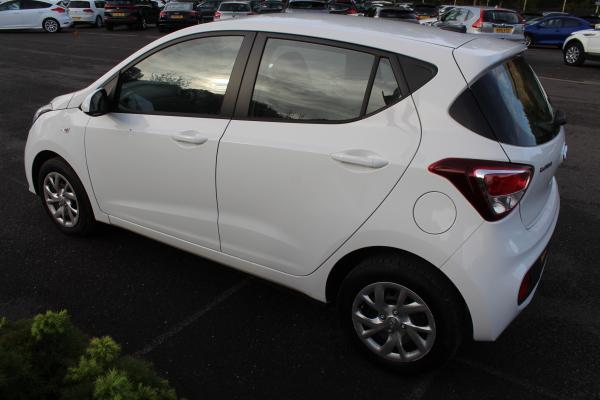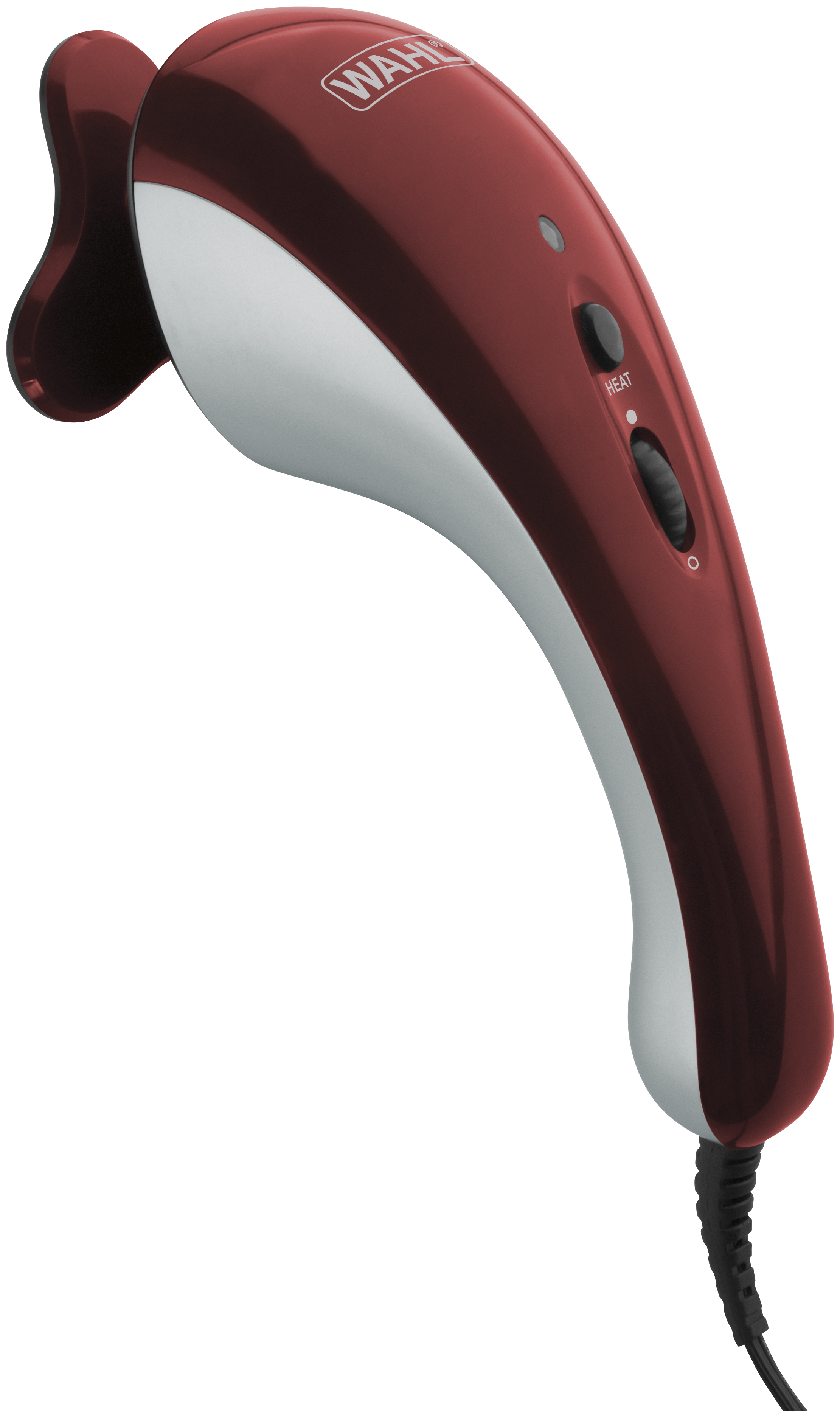Car Dealerships: How Do They Work?
Buying a car can be an overwhelming experience. We spend a huge amount of time in our cars, and they can be a very expensive investment. So, there’s no wonder we feel the pressure to make the right decision.
The market is full of options for car buying. Do you want new or used? Should you buy from a dealership, straight from the automaker or from a private seller? It can be difficult to know where to start when looking to purchase, but car dealerships remain the go-to for buyers, with 65% heading straight there to shop for a car in person. Yet most buyers admit that they feel anxious when shopping at dealerships, as they have no idea how they work.
So, what is a car dealership?
A car dealership is a business which sells new and used cars. Think of it much like your favorite retail store. They negotiate contracts with brands (car makers) so that they can purchase their goods (car models) and sell them on to customers. They employ trained staff to sell them and qualified technicians to fix any faults. Dealerships usually have a huge range of vehicles on their lot – with various makes, models, new and used options available.
Where do the cars come from?
Dealerships will only buy cars that they know they will be able to sell to customers. This means you are likely to find a good quality car for a good price. The business will look at the marketplace to see how well certain cars are selling and do some customer research to establish whether people are happy with a given make and model.
This can be a bit trickier when dealerships stock new cars, as it is very hard for them to make a judgement on how popular (or not!) they will be. If a car is extremely popular, dealerships may struggle to get enough stock to meet demand. On the other hand, if they order a lot of new cars that end up being unpopular, the dealer will have them sat on their lot for a long time and will inevitably have to slash prices. This can sometimes get you a great deal on a brand-new car.
Used cars can come from a variety of places. A lot of them come from buyers ‘trading-in’ their old vehicle when purchasing their new one. Dealerships may also source them from used car auctions or straight from private sellers. Most good quality dealerships employ trained technicians that assess the safety of the vehicles before they proceed to sell.
What are the payment choices?
There are a few different ways you can pay for a car from a dealership. If you have the funds, there is always the option to pay for the car upfront. When this is not an option, most dealerships offer finance. Car finance options usually involve paying a deposit and setting up a monthly direct debit, so you can spread balance payments over a few years. Finance agreements usually have interest attached, so always check the APR you are being charged before signing on the dotted line.
If you’re not sure where to start with your car purchase, have a browse at a car dealership. If you find a car you’re interested in, just make sure you check all the paperwork is available, it’s mechanically sound and there are no obvious dents or scratches on the body work. Car dealerships are a great place to land you a top-quality car for a bargain price.




